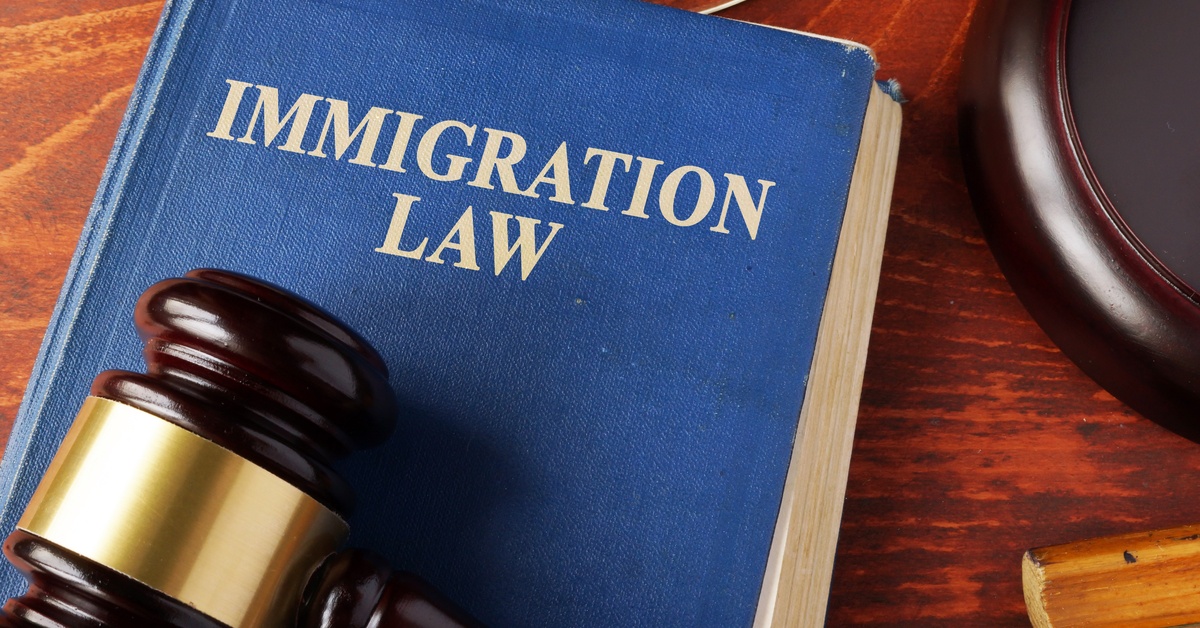
Meeting with an immigration lawyer can be a pivotal step in navigating the challenges of immigration processes. Whether you’re looking to secure a visa, gain permanent residency, or apply for citizenship, an immigration lawyer can offer the expertise and guidance you need to move forward confidently.
However, coming to your meeting unprepared can lead to wasted time, confusion, and delays in your case. By taking some time to plan ahead, you can ensure that your consultation is as productive as possible. This guide will walk you through how to prepare for your meeting with an immigration lawyer. Learn what to research, the documents to bring, and how to make the most of this essential step toward achieving your immigration goals.
Researching Potential Immigration Lawyers
The success of your case starts with choosing the right lawyer. Not all immigration lawyers are the same, so dedicating some time to research can make a significant difference in your overall experience. It’s important to find a lawyer who is familiar with cases similar to yours.
If you’re applying for asylum, for example, you’ll want a lawyer who specializes in asylum and has a track record of success. If your goal is marriage-based immigration, an attorney with expertise in family-based cases is essential. The lawyer’s expertise can directly affect the quality of guidance and representation you receive, so narrowing your search to a specialist is a smart move.
While credentials and specializations are crucial, don’t overlook client reviews and ratings. Insights from other immigrants who’ve worked with the lawyer can give you a clearer picture of their skills, professionalism, and communication style.
You’ll want an attorney who knows the law and understands the emotional and personal toll of the immigration process. Feeling understood and respected is just as important as legal competence when it comes to selecting the right advocate.

Determining Which Documents To Bring
When meeting with an immigration lawyer, having all your paperwork in order is key. Without the proper documents, your lawyer might not have all the information they need to assess your case. This can lead to delays or incomplete advice. To get the most out of your meeting, you’ll need to bring a comprehensive collection of documents.
Personal Identification and Immigration Status
Start with personal identification and any documentation that proves your immigration status. This could include your passport, visa, I-94 record, green card, or any correspondence you’ve had with immigration officials. If you’ve previously filed applications or petitions, these would also be relevant, as your lawyer can review them for accuracy and completeness. You may need birth certificates, marriage licenses, or evidence of family relationships depending on the specifics of your case.
Immigration Strategy Documentation
You should also bring documentation that supports your immigration strategy, such as proof of financial stability, travel history, employment records, or anything that substantiates claims you plan to make.
For example, if your case involves asylum, bring evidence that supports your need for protection. If you’re applying for a visa through marriage, evidence of your life together as a couple—like joint bank accounts or family photos—can be helpful. Essentially, the more complete your documentation, the better prepared your lawyer will be to advise you.
Asking Your Lawyer Key Questions
Preparing questions in advance can help you make the most of your time with an immigration lawyer. This isn’t just about clarifying your concerns; it’s also an opportunity to gauge whether the lawyer is the right fit for your needs.
Experience
Begin by asking about their experience with cases like yours. Their level of familiarity can indicate how equipped they are to handle your unique circumstances. Have they dealt with similar situations in the past? How often? Don’t hesitate to request specific examples or outcomes to get a clearer picture of their experience.
Process
It’s also helpful to ask what the process might look like for your specific case. A good lawyer should be able to outline the steps involved, potential challenges, and expected timelines. This can give you a realistic view of what to expect and how to plan accordingly.
Fees and Payment Structure
You might also ask about legal fees and payment structures to make sure there are no surprises down the line. Some lawyers charge flat fees, while others bill hourly, so it’s important to understand their pricing model early on.
Communication
Lastly, asking about communication is key. Will the lawyer be your main point of contact throughout the case, or will you mostly interact with paralegals or team members? Knowing who you’ll be working with can help you set expectations and ensure you receive the level of involvement and support you’re comfortable with.

Understanding Why Working With an Immigration Lawyer Matters
You might be wondering if hiring an immigration lawyer is worth the effort and expense. For many immigrants, trying to tackle the complexities of immigration law without guidance can be overwhelming. Forms are confusing, procedures are stringent, and any errors or omissions can result in delays or denials.
An immigration lawyer brings legal expertise to the table, reducing your risk of mistakes and increasing your chances of a positive outcome. They stay updated on changes in immigration policies to make sure they handle your case according to the latest regulations.
Working with a lawyer is particularly important for cases involving deportation, asylum, or appeals, where the stakes are much higher. Even for seemingly straightforward processes like green card applications or student visas, a lawyer can anticipate potential hurdles and help you proactively address them. Their guidance can save you time and the stress of trying to navigate a complex system on your own.
Taking the First Step
Knowing how to prepare for your meeting with an immigration lawyer can make all the difference in how smoothly the process goes. By researching potential lawyers, gathering the right documents, and having a list of important questions at hand, you’re setting yourself up for success. Immigration journeys can be challenging, but you don’t have to face them alone.
Take the time to plan thoughtfully, and don’t underestimate the value of working with a lawyer who understands your needs. A well-prepared meeting maximizes your time with your lawyer and accelerates progress toward your immigration goals.
If you’re seeking a trusted immigration law firm in New Orleans, look no further than Gahagan Law Firm. As a nationally recognized immigration attorney, Michael Gahagan will listen to your needs and offer expert advice and guidance. We understand that fast action is incredibly important when immigration challenges arise, so schedule a consultation today.
